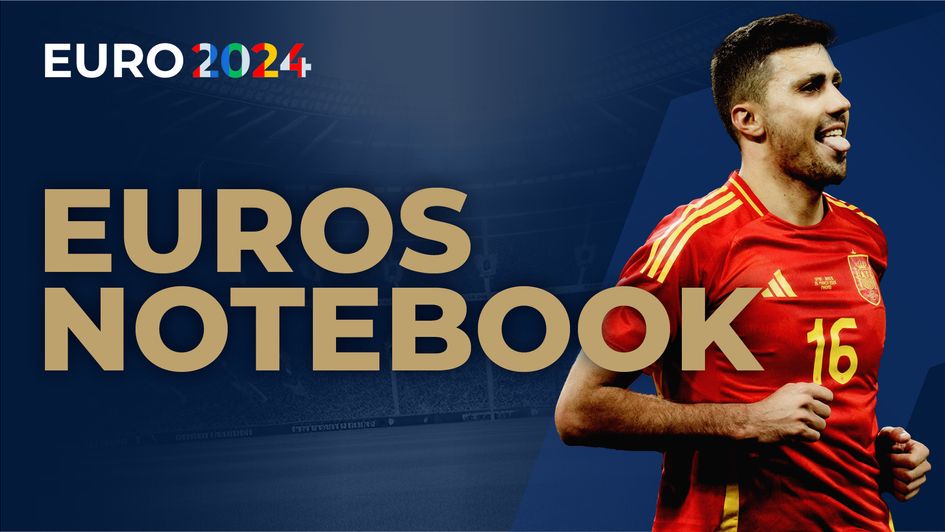Usually, 'TOURNAMENT FEVER' hits in the first week of June.
There's your first cliché of the column, yet the thought of Euro 2024 has been on my mind for a fair few months.
England head to Germany as the favourites to end all those years of hurt (I'll stop with the clichés now), but the doubts that have been present throughout the Gareth Southgate era remain in what could be his last tournament at the helm.
His adjustments in-game aren't quite spot on, the big match approach doesn't seem to work, but nobody can deny the sheer quality throughout the Three Lions ranks.
Enough waffle, you'll have got to this stage wondering what this column is all about. Well, it's the first of (hopefully) a fair few throughout the tournament, highlighting the things I've spotted from teams, players or officials.
This one comes before the first batch of friendlies has concluded, so instead it'll focus on a few of the topics I've found interesting during my Euro 2024 research.
Yep, I do my own research.
Avoid the non-penalty takers
Consider this when betting on the Golden Boot.
I was surprised by the amount of centre-forwards who don't actually take penalties for their country - that responsibility goes elsewhere.
Just nine of the 24 countries opt to give penalties to their main striker. Some of those I haven't counted are those who play on the wing (think Kylian Mbappé for France).
So that makes it 37.5% of strikers who take penalties for their teams - for comparison in the most recent Premier League season it was 45%.
RECORD BREAKER 🙌
— Channel 4 Sport (@C4Sport) March 23, 2023
Harry Kane is @England's all time top scorer 🦁#C4Football | #ThreeLions | #ITAENG pic.twitter.com/ElfwtCYocu
On this basis, in the top goalscorer betting avoid the following players:
- Jude Bellingham
- Olivier Giroud
- Antoine Griezmann
- Phil Foden
- Bukayo Saka
- Alvaro Morata
- Kai Havertz
I mean, the back end of those names are 33/1, so feel free to target the each-way value if you fancy it, but that is seven of the leading 12 names in this market.
As a small side note, 14 penalties were awarded in the group stage of the last European Championship with eight converted, significant enough for serious consideration.
Go for these penalty takers!
The lack of strikers on spot-kick duty means you are getting some potentially interesting names taking that responsibility instead.
Most aren't worth backing for top goalscorer because they just won't get enough in open play, but it does open up some value on individual player milestones.
Bookmakers are offering certain players to score two or three, meaning an open-play effort combined with one from the spot (a note that shootouts DO NOT count) would be enough.
For Spain, RODRI is the one. The midfielder took - and scored - both penalties in a 3-3 draw with Brazil in Madrid in March. He also scored in the shootout as they beat Croatia in the Nations League final 12 months ago.
Captain for a reason.#NothingLikeOranje | @VirgilvDijk pic.twitter.com/HcfaVVUdG0
— OnsOranje (@OnsOranje) October 17, 2023
Elsewhere, one player I'm really interested in is VIRGIL VAN DIJK for the Netherlands. The centre-back converted their last penalty - the decisive goal in a 1-0 victory over Greece in October.
Cody Gakpo wasn't involved then, but Ronald Koeman did claim his captain IS the preferred taker.
"Even now that Cody is part of the group again, Virgil is number one as a penalty taker," he is quoted as telling the media in November. Memphis Depay may be back, but it is certainly one to watch.
For Austria, MARCEL SABITZER took two penalties in the October international break. Others stepped up for the two spot-kicks in their 6-1 win over Turkey in March, although Sabitzer was not in the match-day squad.
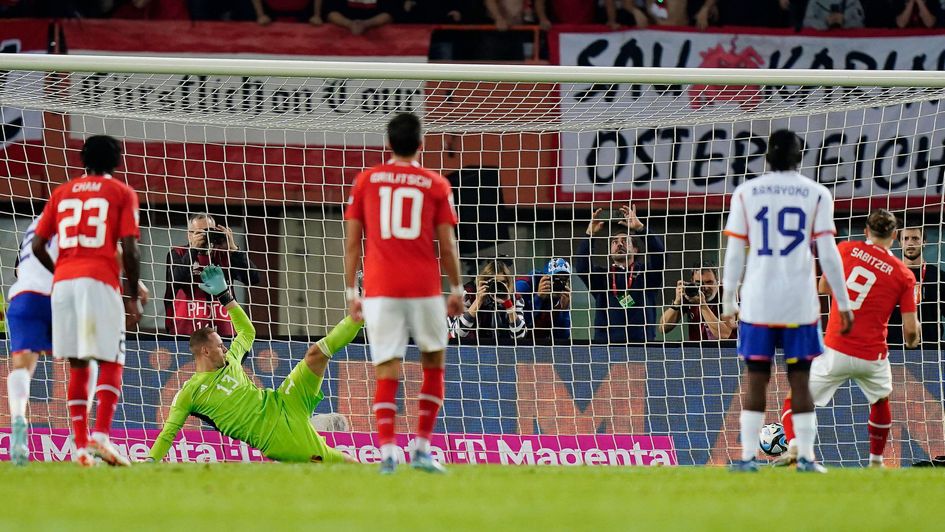
Midfielder ONDREJ DUDA should be the one to take them for Slovakia. He may be a decent price to score anytime given that he isn't the most prolific from open play.
TOMAS SOUCEK scored a penalty in a 1-0 Czechia win over the Faroe Islands in October, although Patrik Schick wasn't on the pitch and he'll likely take them if he is.
Back off!
Usually when we get a new refereeing approach, it goes something like this:
- Refereeing team receive brief for new approach in one area
- Officials are strict in enforcing this in the early stages
- It eventually calms down as the tournament progresses
For Euro 2024, UEFA has informed teams that only the captains will be allowed to approach the referee to discuss decisions that have been made during a game. Any other player who does is at risk of a booking.
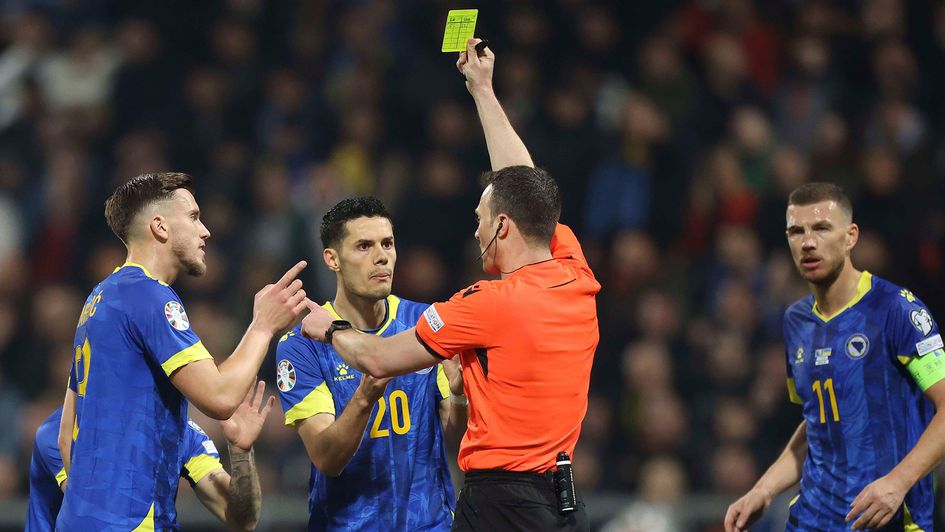
This will, of course, be passed on to the players so they are aware, but we know it'll be a tough adjustment in the early stages. We should see a few cards dished out for dissent in the first week or so.
It's obviously tough to predict exactly which games, but one approach could be to back a higher number of booking points in the group stage before looking at lower numbers in the knockouts when everyone has relaxed a bit with it.
Building (mid)blocks
Looking at recent tournaments did deliver one particularly interesting stat from FIFA's analytics department. This was from the World Cup in Qatar in 2022:
- Defending in a mid-block proved to be a popular out-of-possession strategy for teams that made it through to the latter rounds of the competition, with all four semi-finalists preferring the mid-block as their dominant phase when without the ball.
What is this? Well, this is when a team out of possession uses the defensive lines of their shape to hold a position in the middle and defensive third of the pitch. It looks to force the opposition out wide or backwards by being compact and narrow through the middle.
So, being a high-pressing side looking to aggressively win back the ball is perhaps not the best approach in tournaments.
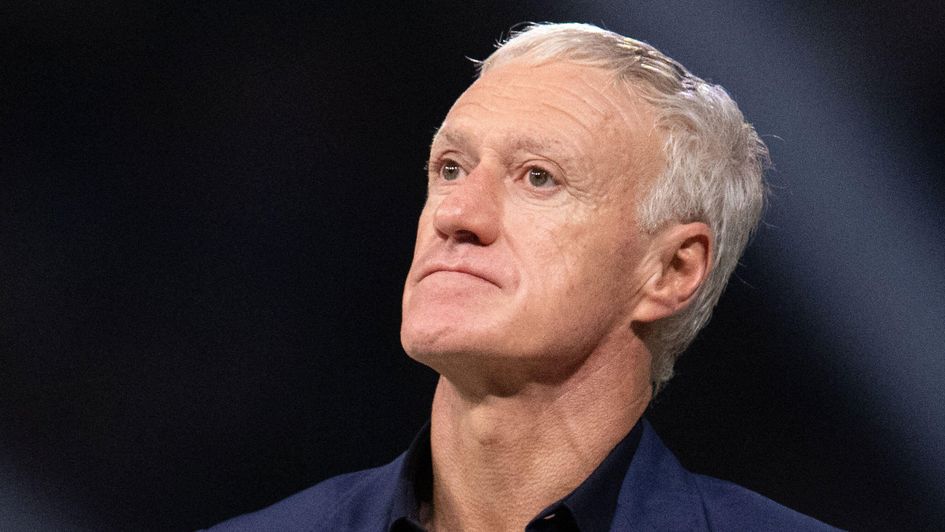
FRANCE (37%) spent the second-highest proportion of time out of possession in a mid-block in 2022. They reached the final.
SPAIN were bottom of this list but did sit fourth for the most compact mid-block shape; they have changed coaches since, though.
On the flip side, SERBIA spent 18% of their time in a mid-block - the second-lowest - while they were also the least compact of all teams. They conceded eight goals and finished bottom of their group.
There have been coaching adjustments since that tournament so we can't use it too much for individual teams, but it is definitely one thing to keep an eye on throughout the first match-day.
Poland's set-piece problem
POLAND's appointment of Michał Probierz late in their qualification campaign proved to be a good one as they successfully made it through the play-offs.
One thing that has been a problem since the switch in the dugout though... set-pieces.
They conceded from a corner against Moldova, in the second phase of a set-piece against Czechia and even the Faroe Islands nearly scored directly from a corner too.

Watching them back, it seems to be that players get dragged into a group towards the near post, that leaves opportunities for opponents behind if the first contact goes their way.
This could be a big problem at the tournament - consider going for centre-backs from France, Netherlands and Austria to score.
Romania's entertaining games?
ROMANIA enjoyed a brilliant qualification campaign, topping Group I with an unbeaten record of six wins and four draws, pipping Switzerland to top spot.
Remarkably, they only conceded five goals across 10 games, with these coming from chances equating to 9.33 xGA (expected goals against). Essentially, based on the quality, they should have conceded twice as much.
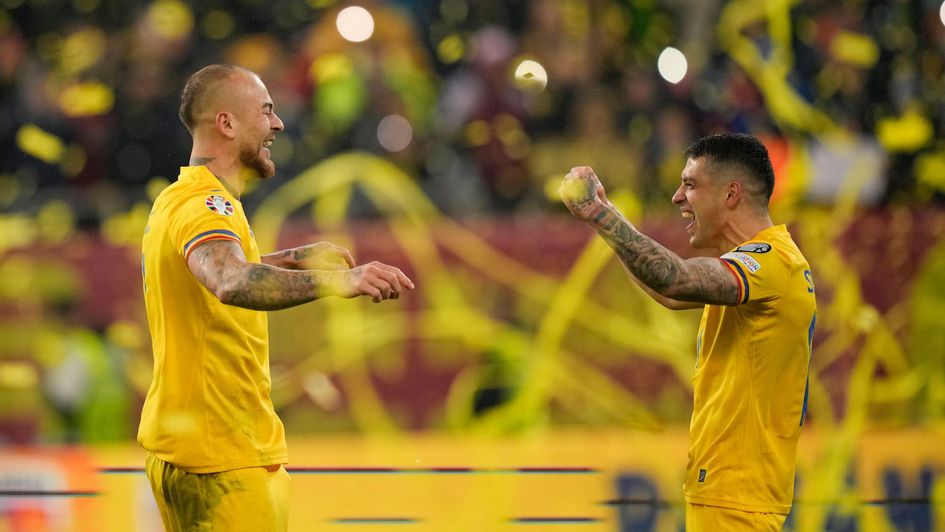
And the eye test backs this up as well - it could have even been more.
They look like they try to press high up the pitch which seems to leave space in midfield. They have been played through quite comfortably at times and remain vulnerable to the counter attack.
The Tricolorii are decent going forward though, meaning that it wouldn't be the worst decision to look at backing overs on the goals in their Group E encounters.
Czech-mate
Over to Group F, where there is likely to be a battle between three teams to finish as the runners-up to Portugal.
CZECHIA's impressive defence in qualifying may put them in the best position to get ahead of both Georgia and Turkey though.

From the 53 teams who competed in qualifying, Czechia conceded the fourth-lowest total of shots from inside the box (30). That is a positive sign as it shows they can limit opponents chances from good positions.
They also boasted the sixth-lowest xGA figure overall, with their six goals against coming from 5.11 xGA.
A note, of course, on their qualifying opposition, with Albania, Faroe Islands, Moldova and Poland lining up alongside them. You can point to Albania only conceding four but again the underlying numbers paint a slightly different picture.
Target their set-pieces too, again based on qualifying performance. They sat 10th for quality of shots created from corners and free-kicks, while only three teams saw more shots come directly after a set-piece.
Euro 2024: More from Sporting Life
Safer gambling
We are committed in our support of safer gambling. Recommended bets are advised to over-18s and we strongly encourage readers to wager only what they can afford to lose.
If you are concerned about your gambling, please call the National Gambling Helpline / GamCare on 0808 8020 133.
Further support and information can be found at begambleaware.org and gamblingtherapy.org.






